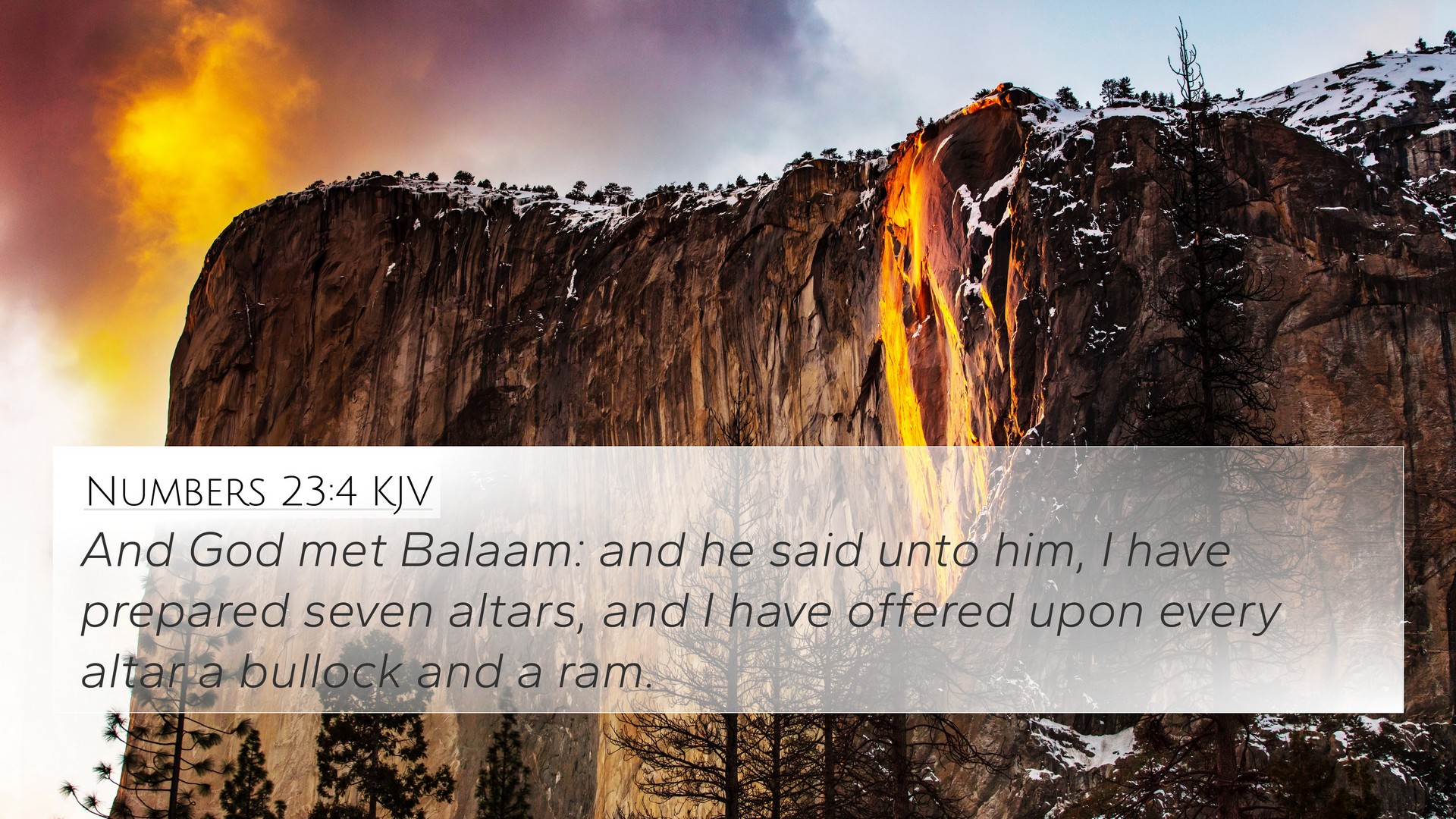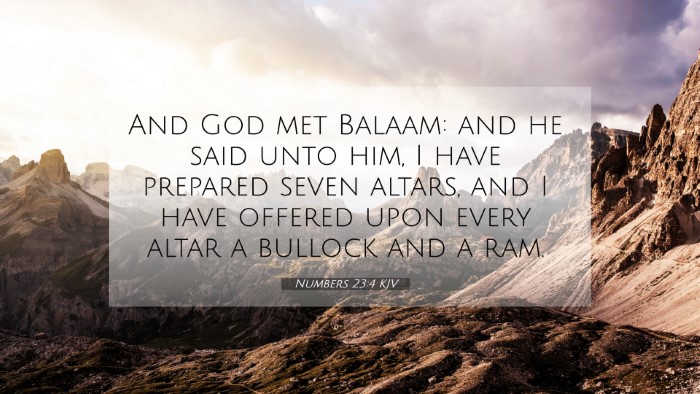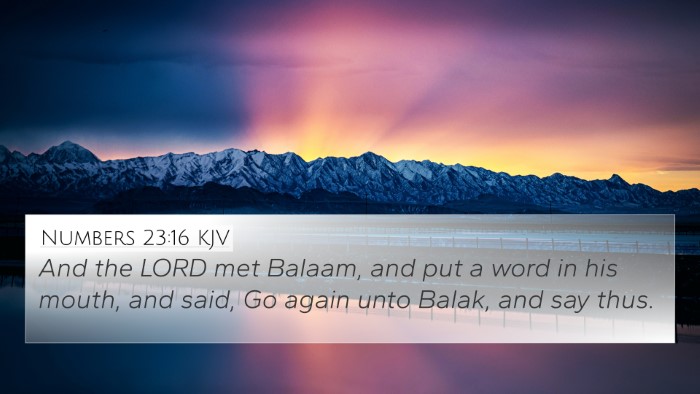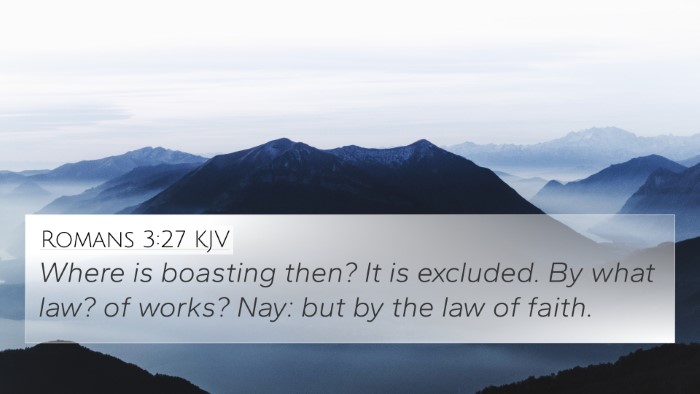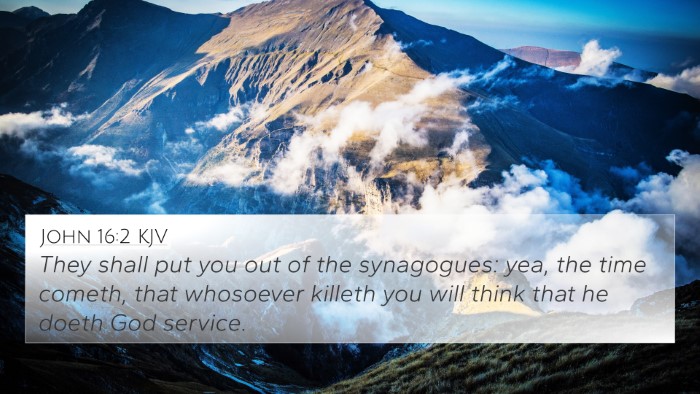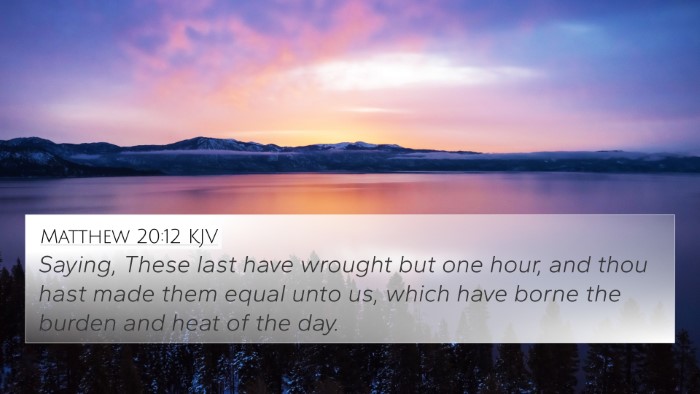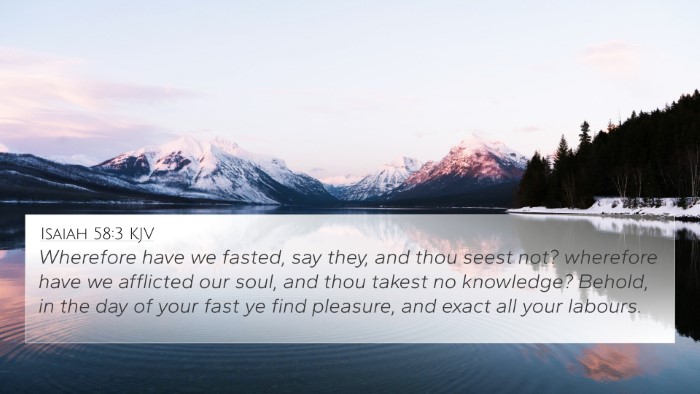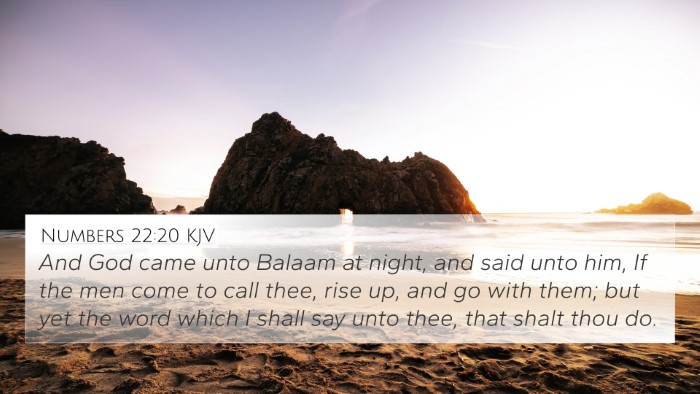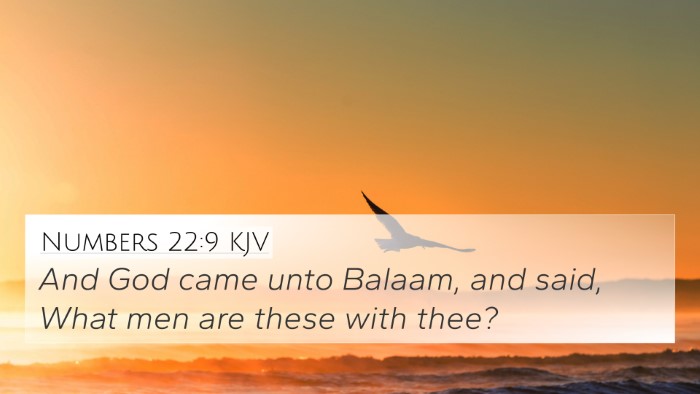Understanding Numbers 23:4
Verse: Numbers 23:4 - "And God met Balaam: and he said unto him, I have prepared seven altars, and I have offered upon every altar a bullock and a ram."
Summary of Insights
This passage captures a critical moment in the narrative of Balaam, a figure noted for his enigmatic interactions with God. The verse highlights several significant themes, which include divine encounters, rituals of worship, and the significance of altars in Old Testament contexts. The commentary across various public domain sources provides a deeper insight into this verse, exploring its implications and broader biblical connections.
Contextual Background
Balaam is a prophet who was summoned by Balak, the king of Moab, to curse the Israelites. However, in this encounter with God, it is clear that divine will supersedes human plans. Balaam's preparation of seven altars illustrates a customary approach to seeking favor from God, emphasizing the importance of ritual in ancient worship.
Key Themes Explored
- Divine Encounter: The phrase "God met Balaam" suggests a direct and personal interaction, emphasizing that God is active and present in the affairs of humanity. Matthew Henry notes the importance of this meeting, as it sets the tone for Balaam's subsequent actions.
- Significance of Sacrifice: The offering of a bullock and a ram on each altar reflects an understanding of sacrificial rites in the Israelite tradition. Adam Clarke highlights the need for sincerity in these offerings, suggesting they are more than mere ritual; they symbolize a deeper relationship with God.
- The Role of Altars: Altars serve as physical representations of worship and devotion. Albert Barnes explains that the act of building altars indicates a desire for communion with God and represents a space where divine and human intersect.
- The Number Seven: The use of seven altars may signify completeness or perfection within biblical contexts. Various commentaries suggest that this number holds symbolic meaning and relates to God's covenant and the completeness of His work.
- Obedience to God’s Will: Balaam's acknowledgment of God’s presence indicates a shift from his original intent to curse Israel. This change highlights the theme of obedience in response to divine revelation.
Cross-References and Related Verses
This verse is intricately linked to several other scriptures within both the Old and New Testaments, exemplifying the interconnectedness of biblical texts. Below are some key cross-references:
- Numbers 22:18 - Balaam’s initial refusal to curse Israel, demonstrating his recognition of divine authority.
- 1 Samuel 15:22 - Emphasizing the importance of obedience over sacrifice.
- Exodus 20:24 - The regulation of altars and sacrifices in Israelite worship.
- Hebrews 11:20 - Illustrates faith in the context of God’s promises, echoing the necessity of acting on God’s directives.
- Revelation 2:14 - A reference to Balaam’s misleading counsel, demonstrating the consequences of straying from divine guidance.
- Leviticus 1:3 - Provides instructions on offerings, relating to the sacrificial practices noted in Balaam's actions.
- Psalm 50:5 - God's call for true worshippers, aligning with the intention behind rituals and sacrifices.
Inter-Biblical Dialogue and Thematic Connections
The thematic connections observed in Numbers 23:4 extend across both Testaments, providing valuable insights for comprehensive Bible study. For instance:
- Obedience and Sacrificial Worship: The relationship between worship, sacrifice, and obedience echoes through both the Old Testament sacrificial system and the New Testament teachings on the ultimate sacrifice of Christ.
- Divine Sovereignty: The acknowledgment of God's supremacy in directing events is a prevalent theme reflected throughout biblical narratives—from the stories of the prophets to the teachings of Jesus.
- Prophetic Authority: Balaam’s story invites reflection on the responsibilities and challenges faced by prophets, showing how divine messages can sometimes conflict with personal desires or societal pressures.
Practical Applications and Study Tools
For those engaging in cross-referencing biblical texts, it is essential to utilize tools and resources that facilitate this study:
- Bible Concordance: A valuable resource for locating specific verses and understanding their original contexts.
- Bible Cross-reference Guide: Helps in connecting related verses and themes effectively.
- Cross-reference Bible Study Methods: Techniques that aid in drawing insights from scripture involving both Old and New Testament connections.
- Bible Reference Resources: Compilations and guides that compile thematic connections between verses.
- Comprehensive Bible Cross-reference Materials: Detailed studies that encompass various biblical books and themes, enhancing the understanding of scripture.
Final Thoughts
Numbers 23:4 serves as a profound reminder of the complexities of divine communication, the significance of worship practices, and the necessity of aligning one's actions with God’s will. The cross-references and thematic insights derived from this verse encourage deeper exploration and understanding of biblical texts, fostering an appreciation for the interconnectedness of scripture. As one engages with these verses, the practice of cross-referencing not only enriches personal study but allows for a broader understanding of God's narrative throughout the Bible.
